Posted on 4/1/2022
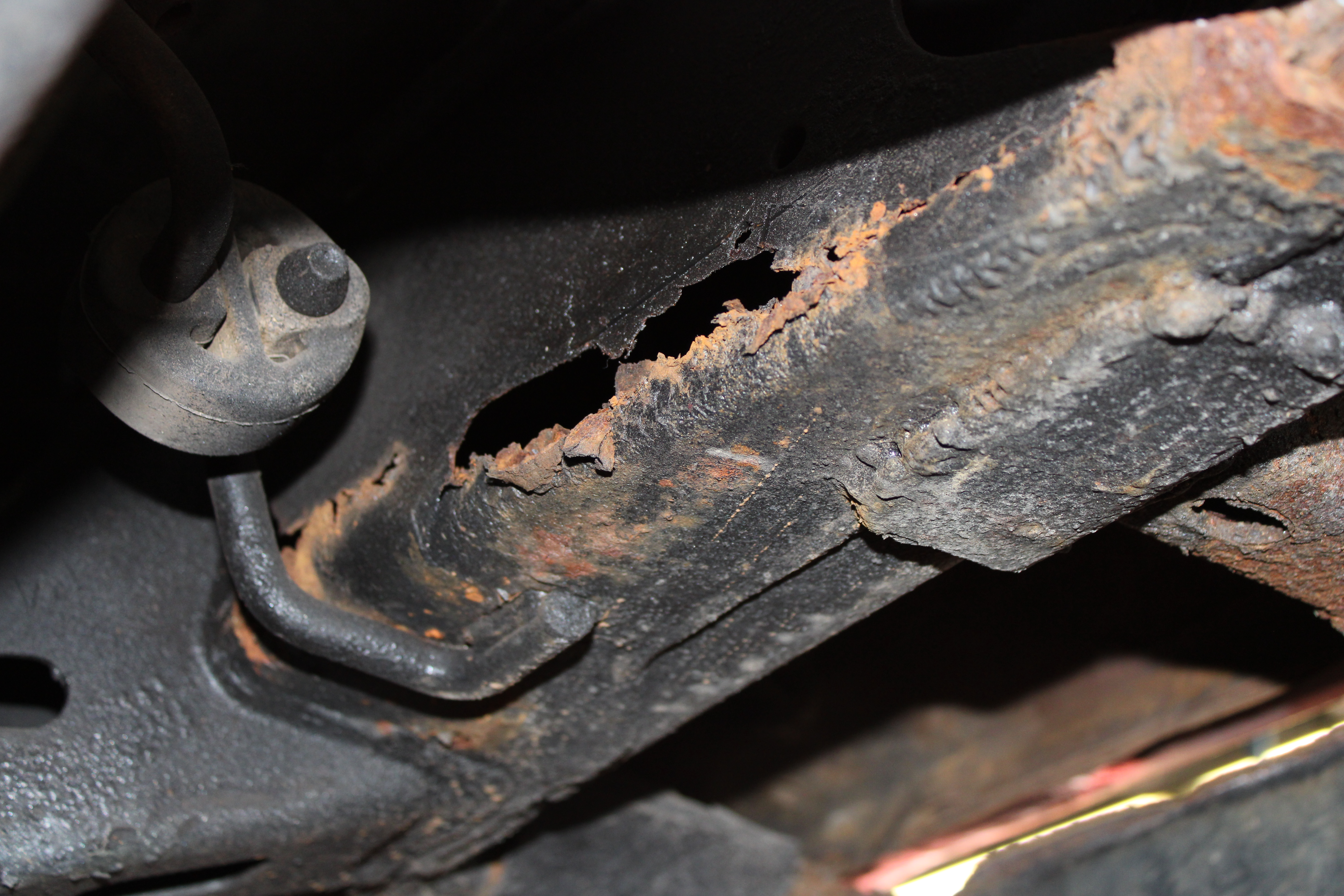
Pre-purchase inspections are important for a variety of different reasons. Probably the biggest reason though is to be educated on the condition of the vehicle before spending thousands of dollars. Unfortunately, it is much too easy to dress up the outside of the car to give it a nice appearance. And although the outside and interior may look pristine, that does not necessarily mean the vehicle is mechanically sound. We’ve seen many newly purchased vehicles come in the shop after the fact that had issues which would have been caught with our pre-purchase inspection. Here at Good’s Auto Service, we look over the entirety of the vehicle, including scanning the computers for any potential problems. One of the big issues we look for is rust, which has become a big problem here in PA. Unless the vehicle is put in the air, it may not be visible even when crawling under it. We recently had a newly purchased vehicle in the shop that had holes rusted through the floor and the frame ... read more
Posted on 3/24/2022
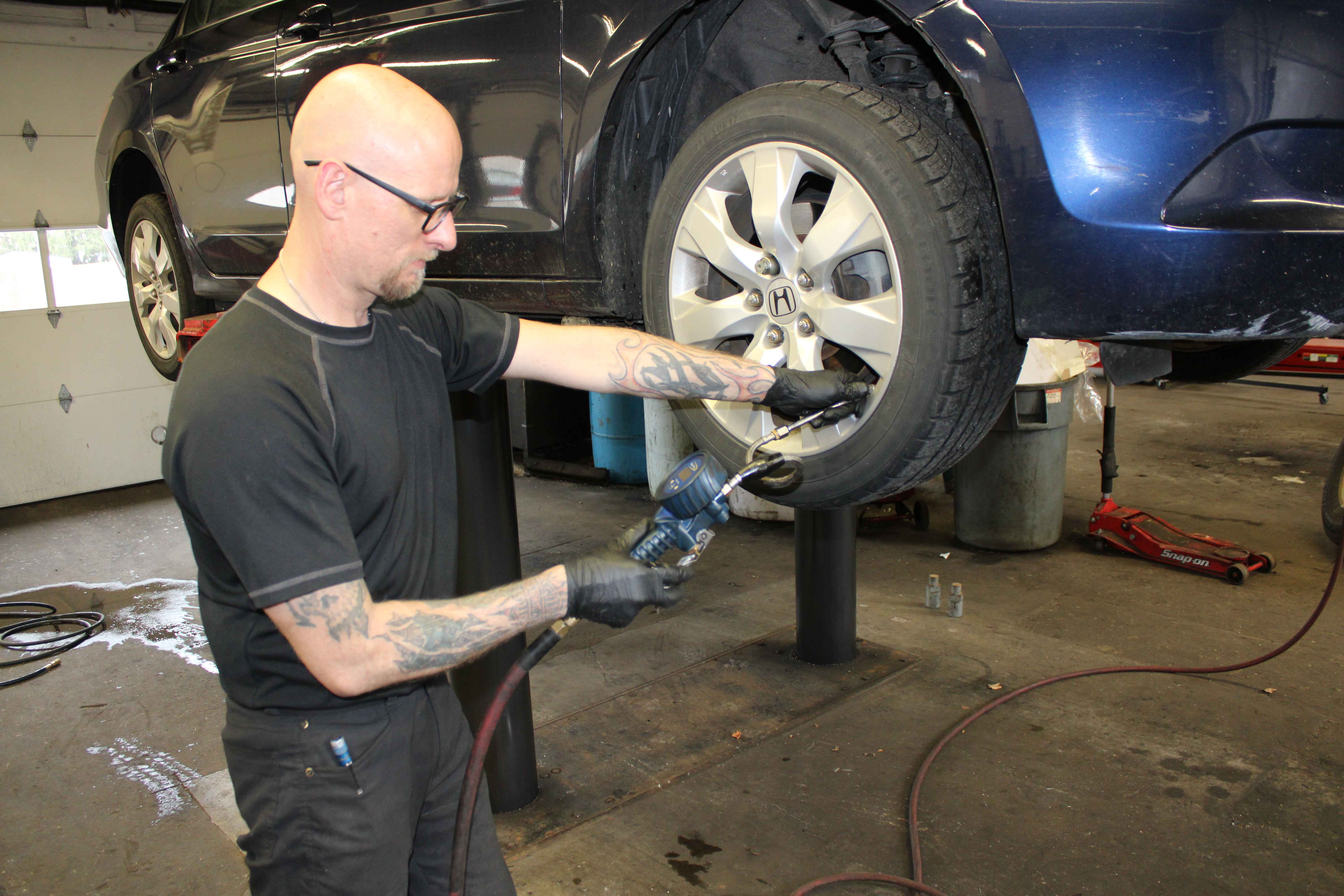
Checking the air pressure in your vehicle’s tires once a month can greatly increase the life of the tires. A typical tire loses about 1.5 psi of air pressure every month, and that number can increase during the cold winter months. Under-inflated tires will wear faster since more rubber is in contact with the road. This also contributes to reduced fuel economy. Even if your vehicle is equipped with a Tire Pressure Monitoring System, often times the pressure in the tire must drop significantly for the system to recognize a low tire. Some wheels start gathering corrosion on the bead of the rim where the tire sits, causing a very slow leak. These slow leaks can be detrimental to the health of the tire because it can take months for the pressure in the tire to trigger the TPMS system. So, you could potentially be driving around for months with a tire low on pressure, effecting the tread of the tire. Checking pressures once a month will help prevent this issue, and alert you to a ... read more
Posted on 1/31/2022
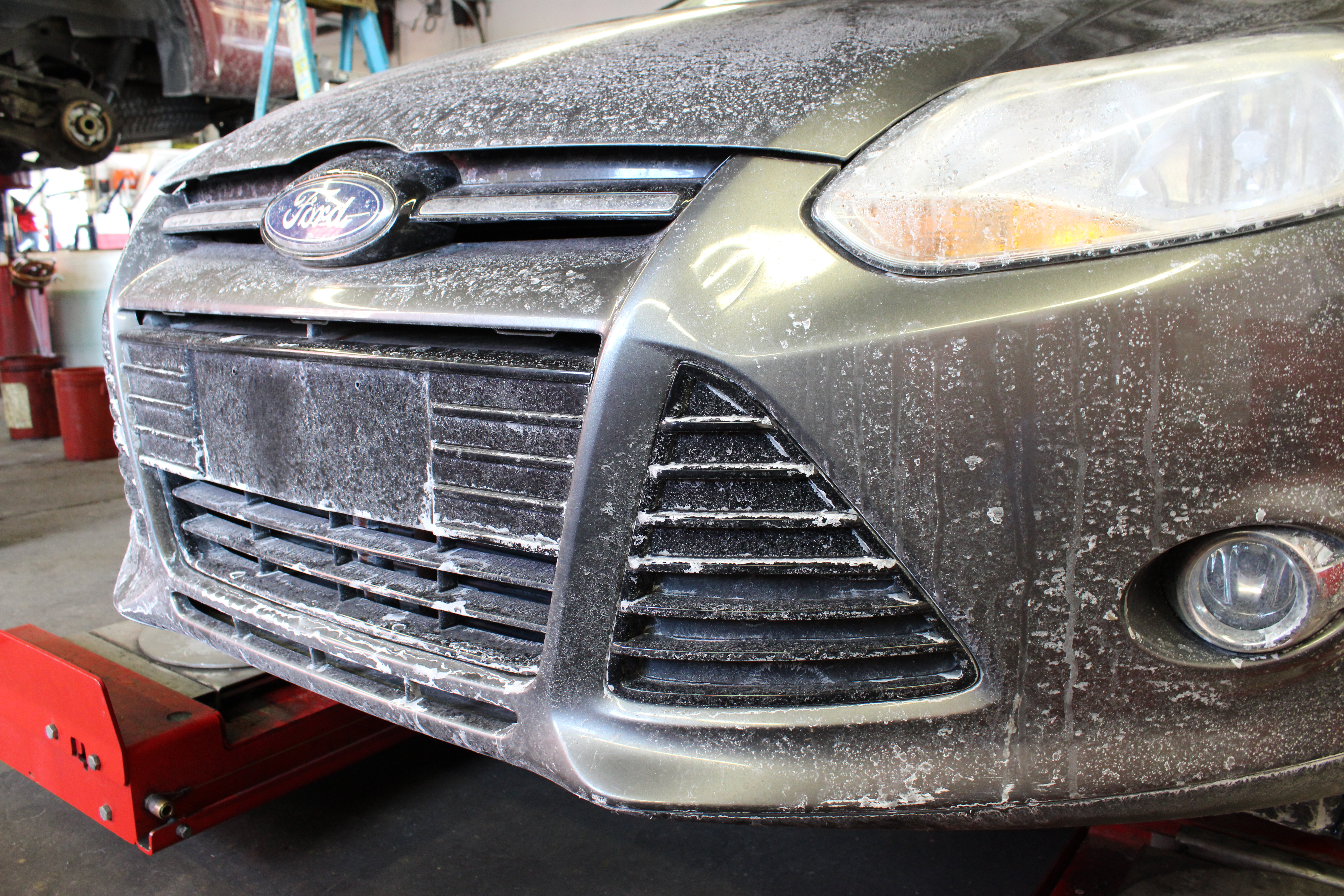
Washing your vehicle after a snow storm is something we HIHGLY recommend here at Good’s Auto Service. This is in large part due to the salt/sand mixture that is applied to the roads to help melt ice. As the vehicle is driven over this mixture, salt gets stuck to the underside of the vehicle. This includes the frame, undercarriage, suspension system, brake system, exhaust system; you get the idea. Anything under the vehicle is liable to salt residue. If left untouched, this salt mixture will begin to have a chemical reaction with the surface it is clinging to, which accelerates the rusting process. In other words, one of the best ways to help prevent or slow rust is to clean the entire vehicle after a snow storm. Not only the exterior, but the underbody and brakes as well. Many automatic car washes now have an undercarriage cleaning option, but if you are doing it by hand, we recommend spraying underneath the vehicle as well. It may be several weeks in a row that this is required ... read more
Posted on 1/20/2022
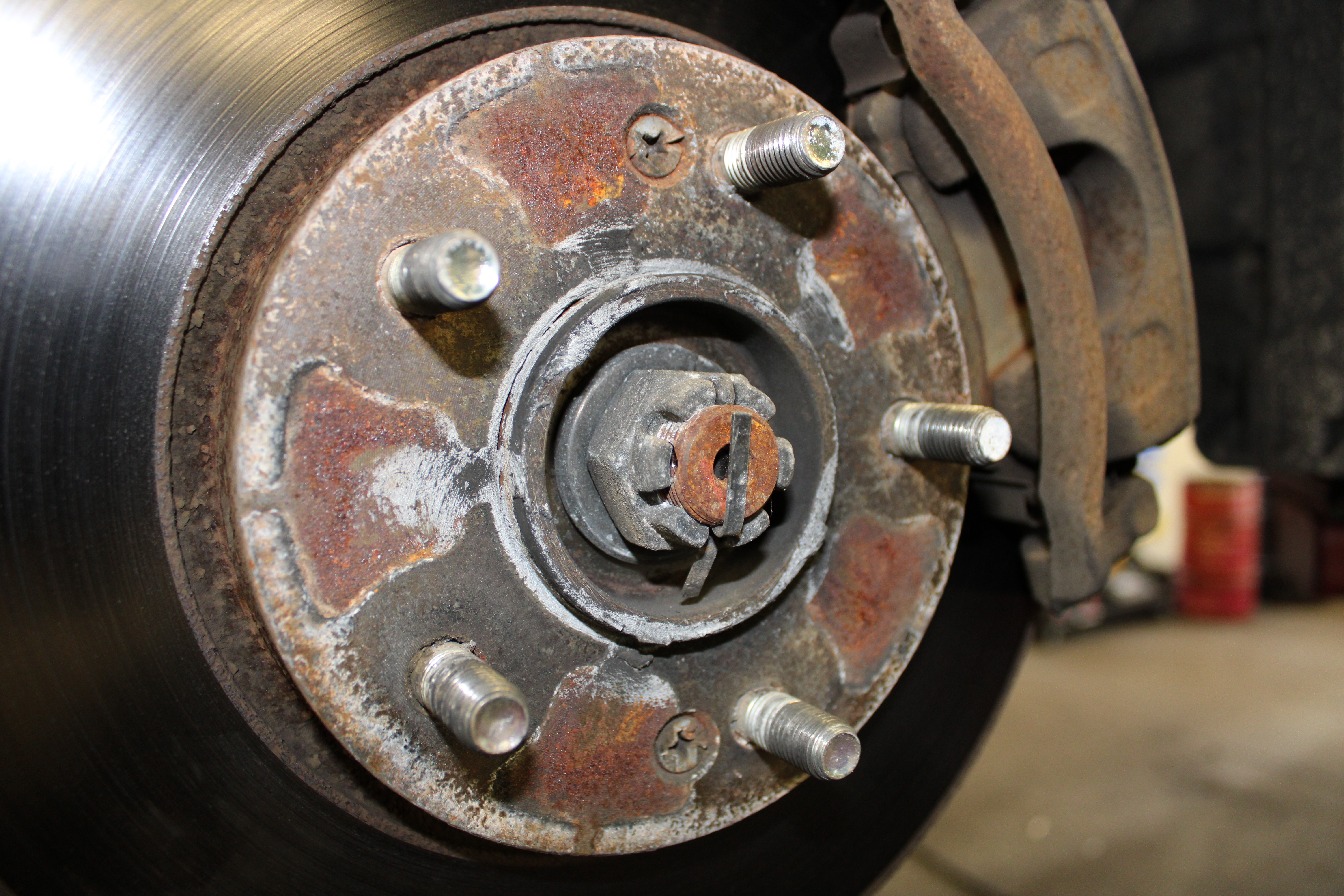
Cleaning both the rim and hub assembly is an important process to do when the wheels are removed from your vehicle. Over a period of time; if left uncleaned; there will likely be a buildup of corrosion between the rim and hub. This corrosion can cause a false clamping force when the wheel is torqued, leading to the lug nuts coming loose. In severe cases, this “false torque” can lead to a wheel falling off the vehicle. Here at Good’s Auto Service, each technician is equipped with special tools in order to clean off this dreaded corrosion. We perform this process as a courtesy service to our customers, as there is no charge for this procedure
Posted on 1/7/2022
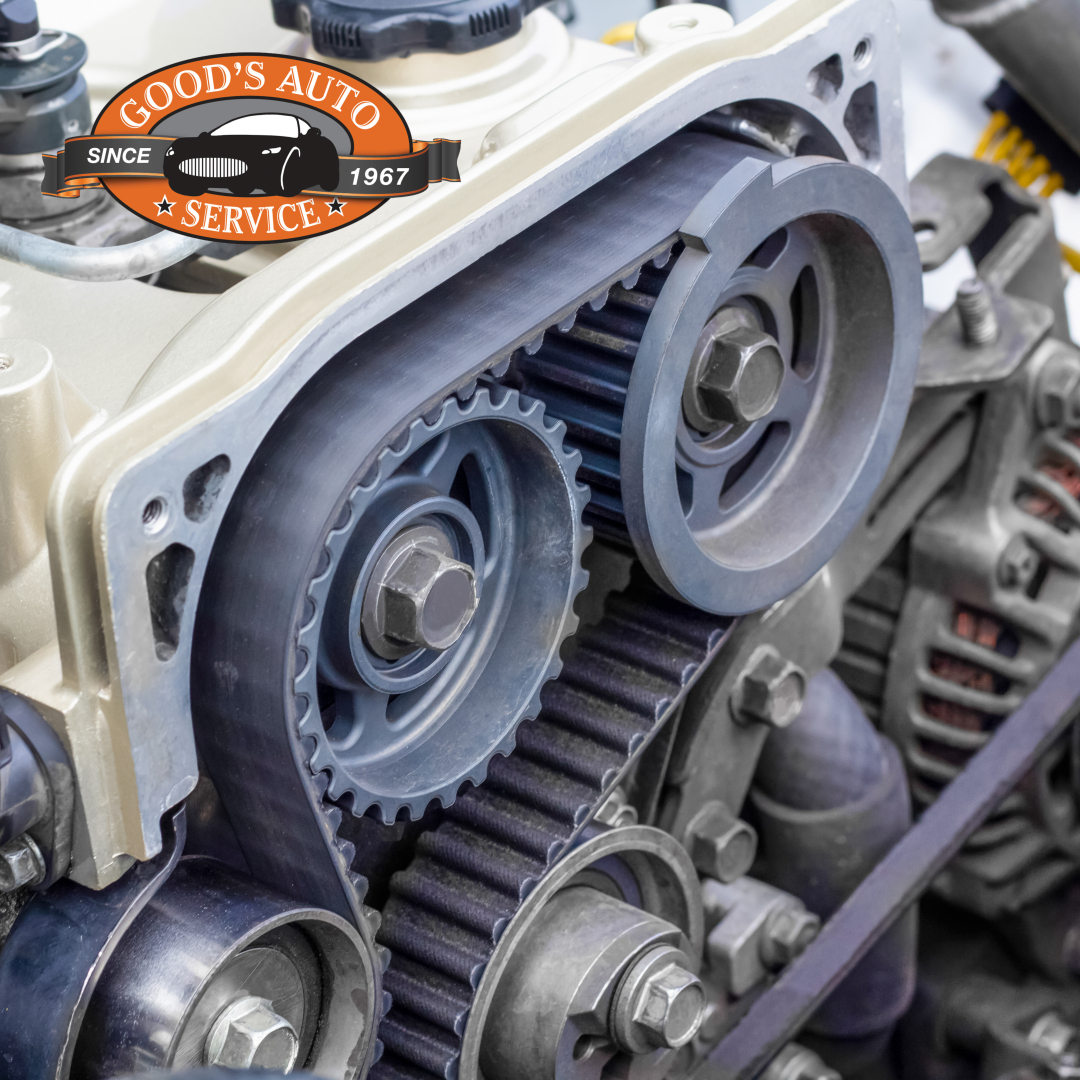
If your vehicle is equipped with a timing belt, it very well may be one of the most important engine components to maintain. It is a rubber belt that controls the rotation of the crank and camshaft as well as the opening and closing of the engine valves. Simply put, it is what keeps the engine running. If this belt were to snap or break, there’s a very good chance that severe damage will occur inside the engine. Many times, this damage will be so severe that replacing the engine is the most cost-effective fix. This means if you wait to replace your timing belt until it breaks, it’s too late. Here at Good’s Auto Service, we recommend replacing the timing belt every 90,000 miles or every 7 years. This greatly decreases the chances of a belt breaking, therefore saving your wallet from a hefty engine repair or replacement